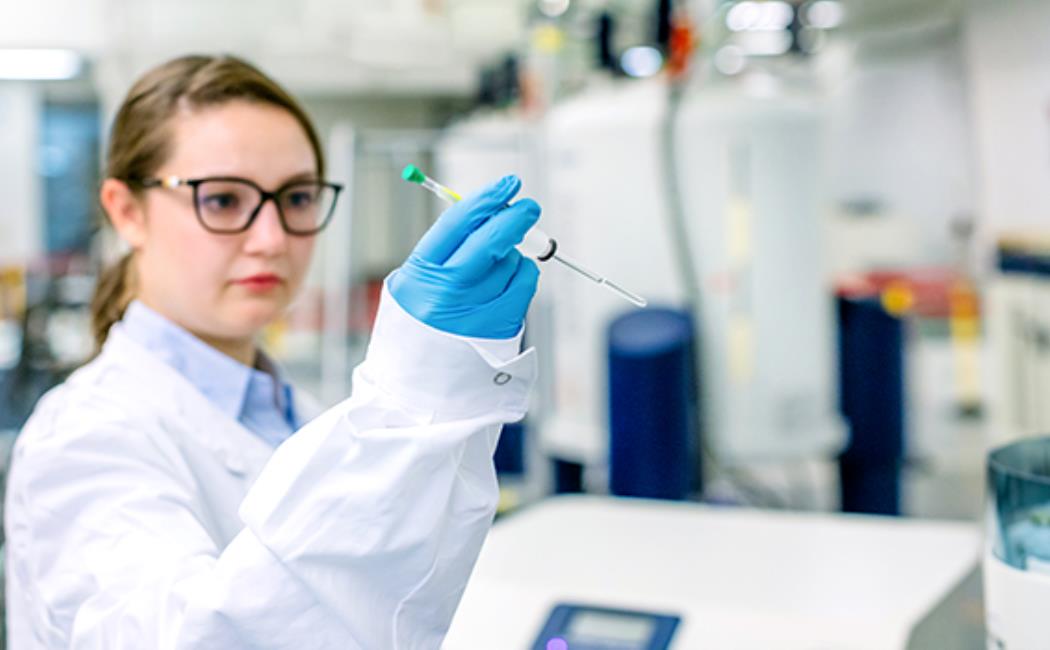
Enzymatic danse macabre of lung cancer
15 March, 2021
A chromatin-regulating enzyme has been shown by in-depth interdisciplinary investigations to be a key driver of a common type of lung cancer. Drugs that target the enzyme could improve treatment and survival rates for this particular cancer.
“Squamous cell carcinoma represents nearly one third of all lung cancers in humans,” says KAUST structural biologist Lukasz Jaremko, who led the research along with colleagues at Stanford University and The University of Texas MD Anderson Cancer Center, U.S. “Our joint structural and dynamics investigations, including enzymatic activity studies, genetic analyses, and mouse model and human cell results, all point to the enzyme histone-lysine N-methyltransferase (NSD3) as a main driver of cancer,” he says.
Click here to read the full story.
Image: Through international collaborations with Stanford University and the University of Texas in the U.S., KAUST scientists identified the enzyme NSD3 as a main driver of cancer.
© 2021 KAUST; Anastasia Serin